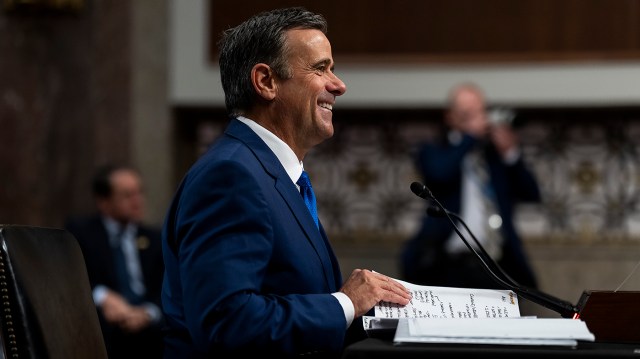Trump's Intel Purge: Ratcliffe Vows to Strip Politics from Spy Agencies

In a recent interview on Fox News's "Sunday Morning Futures," newly appointed CIA Director John Ratcliffe emphasized President Trump's commitment to maintaining a politically neutral intelligence community. Ratcliffe stressed the administration's desire to keep partisan politics at arm's length from critical intelligence operations, signaling a renewed focus on objective and unbiased intelligence gathering.
Speaking candidly about the administration's approach, Ratcliffe underscored the importance of preserving the integrity of intelligence agencies, ensuring that national security assessments remain free from political interference. His comments reflect a broader effort to restore trust and professionalism within the intelligence community, positioning the CIA as a nonpartisan guardian of national security.
The director's statements come at a time of increased scrutiny surrounding the relationship between political leadership and intelligence agencies, highlighting the delicate balance between executive oversight and operational independence.

